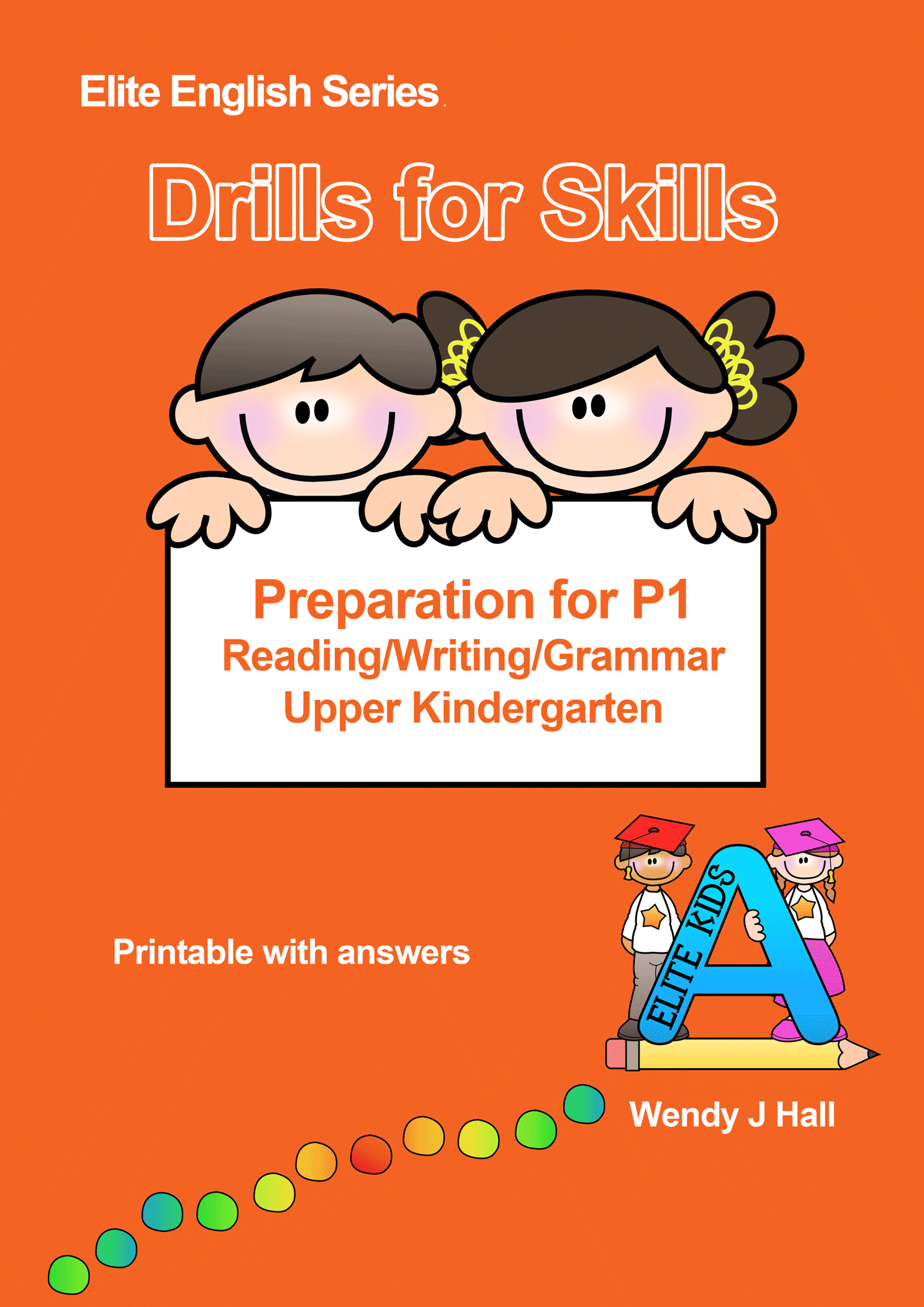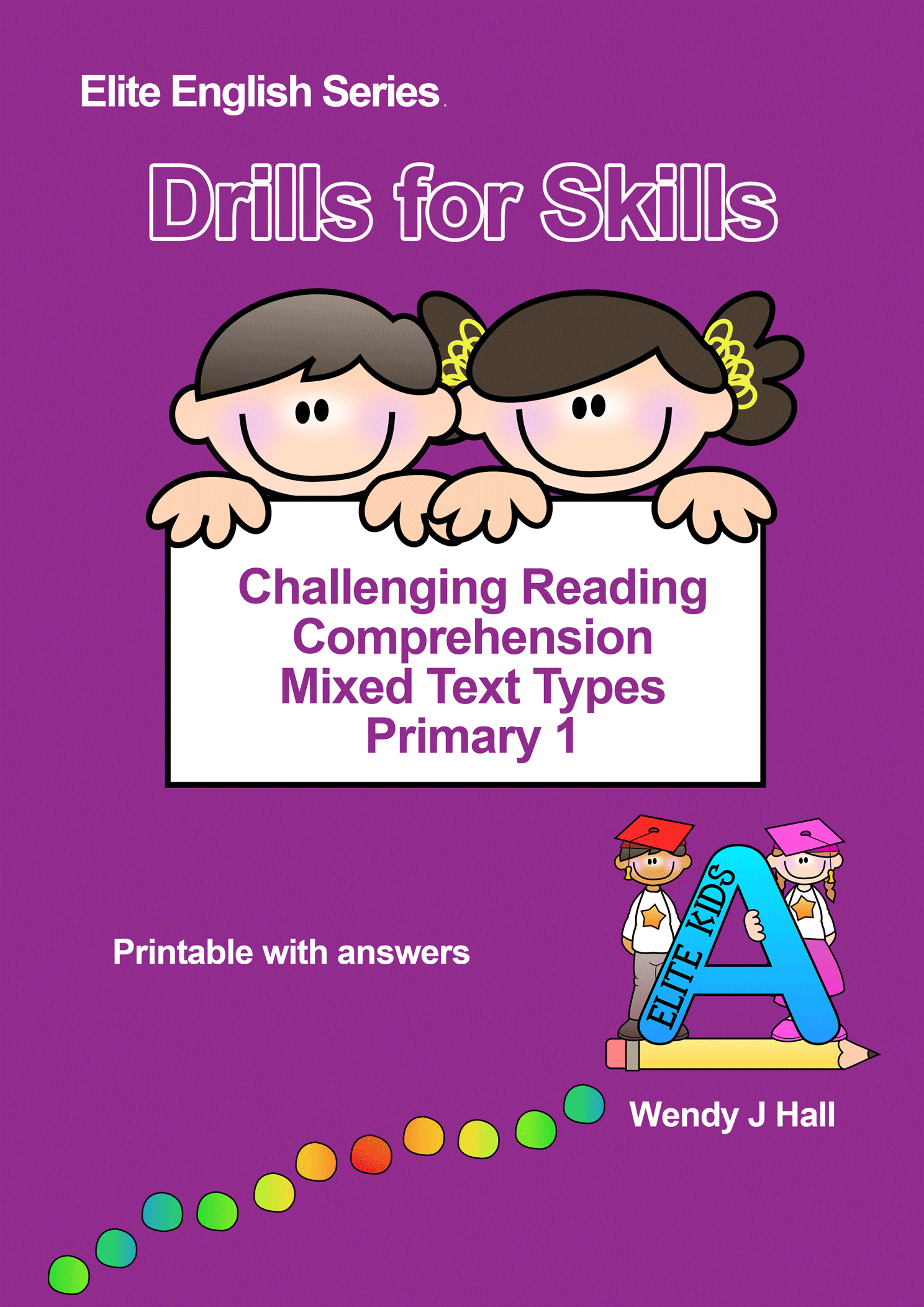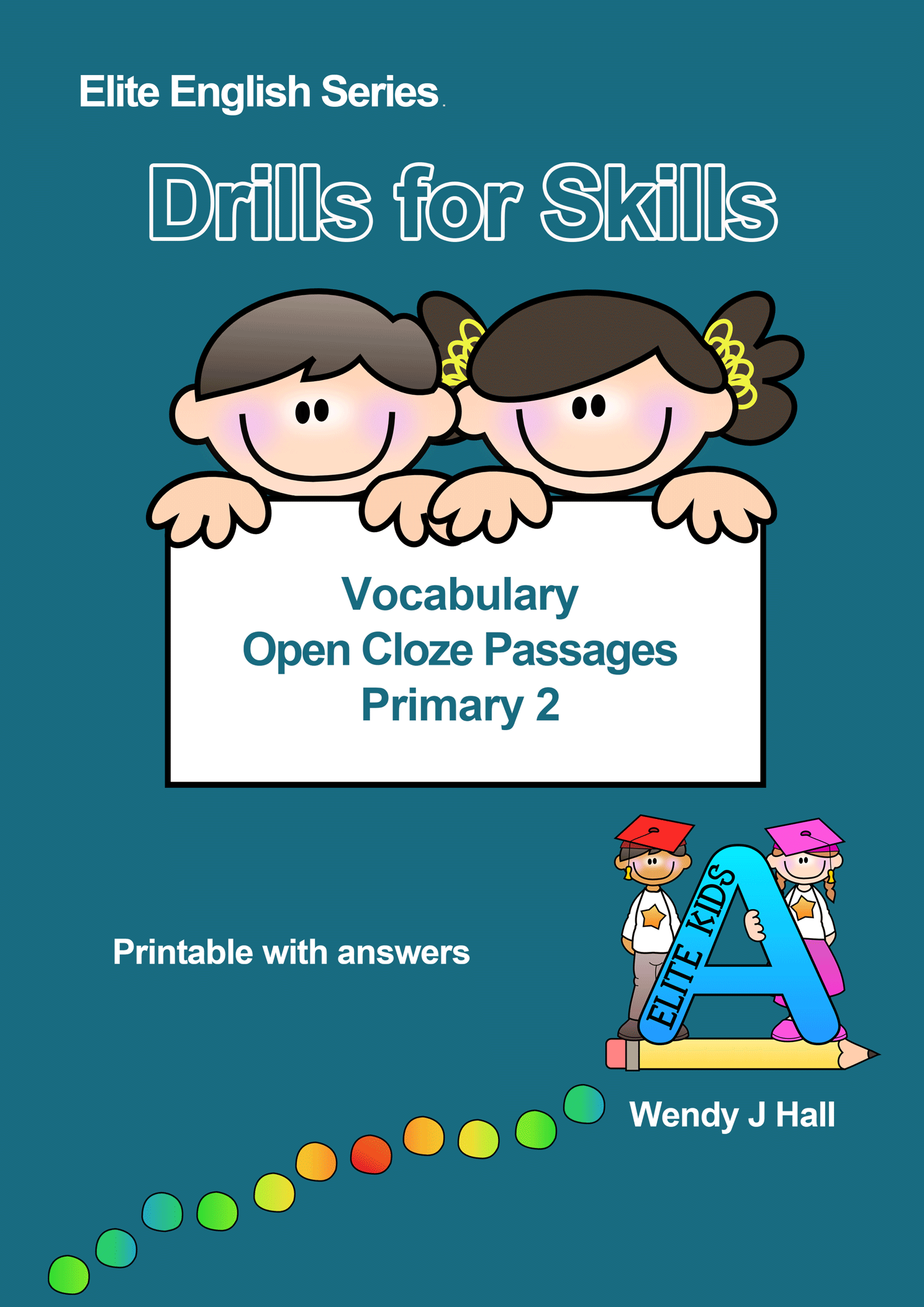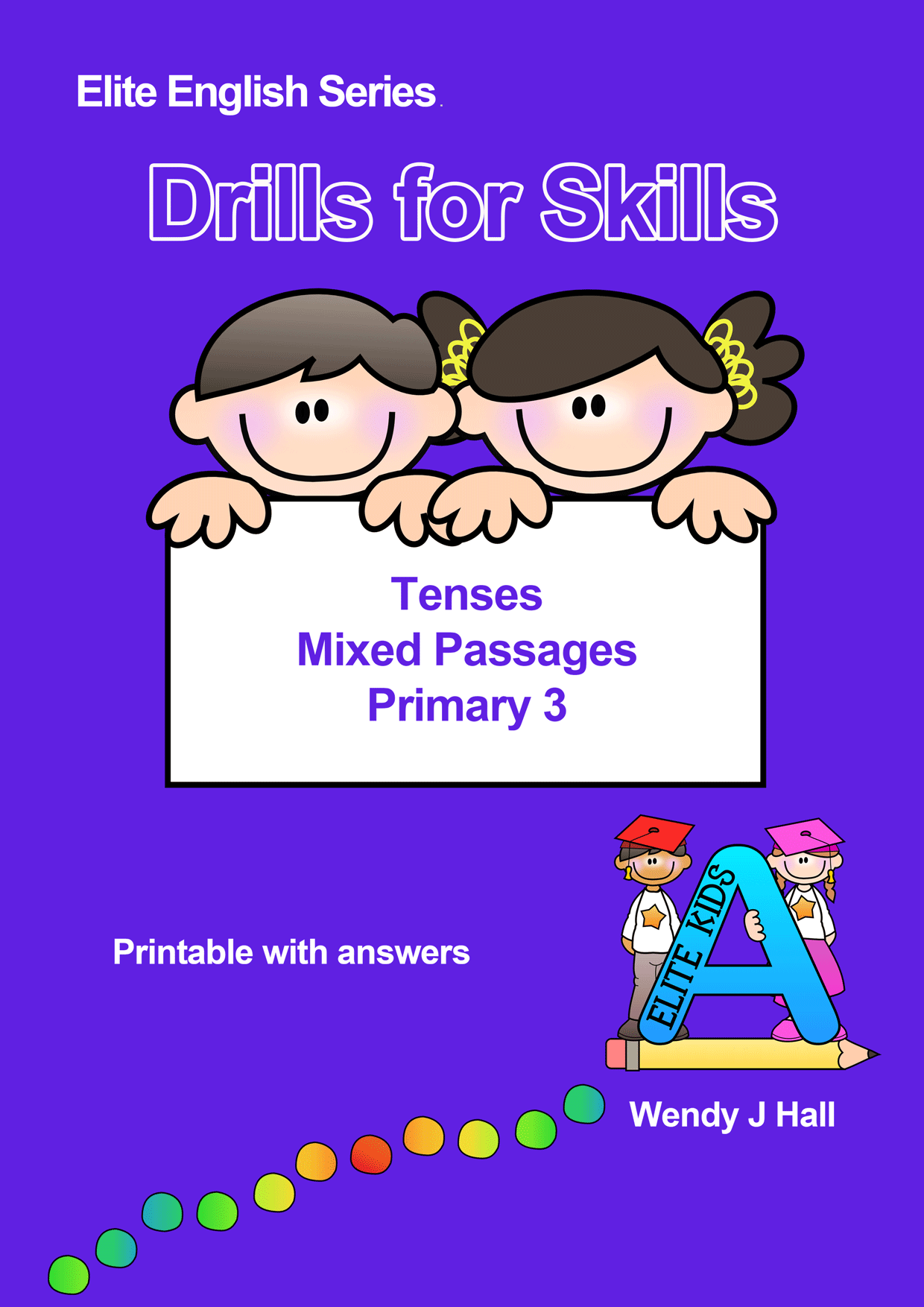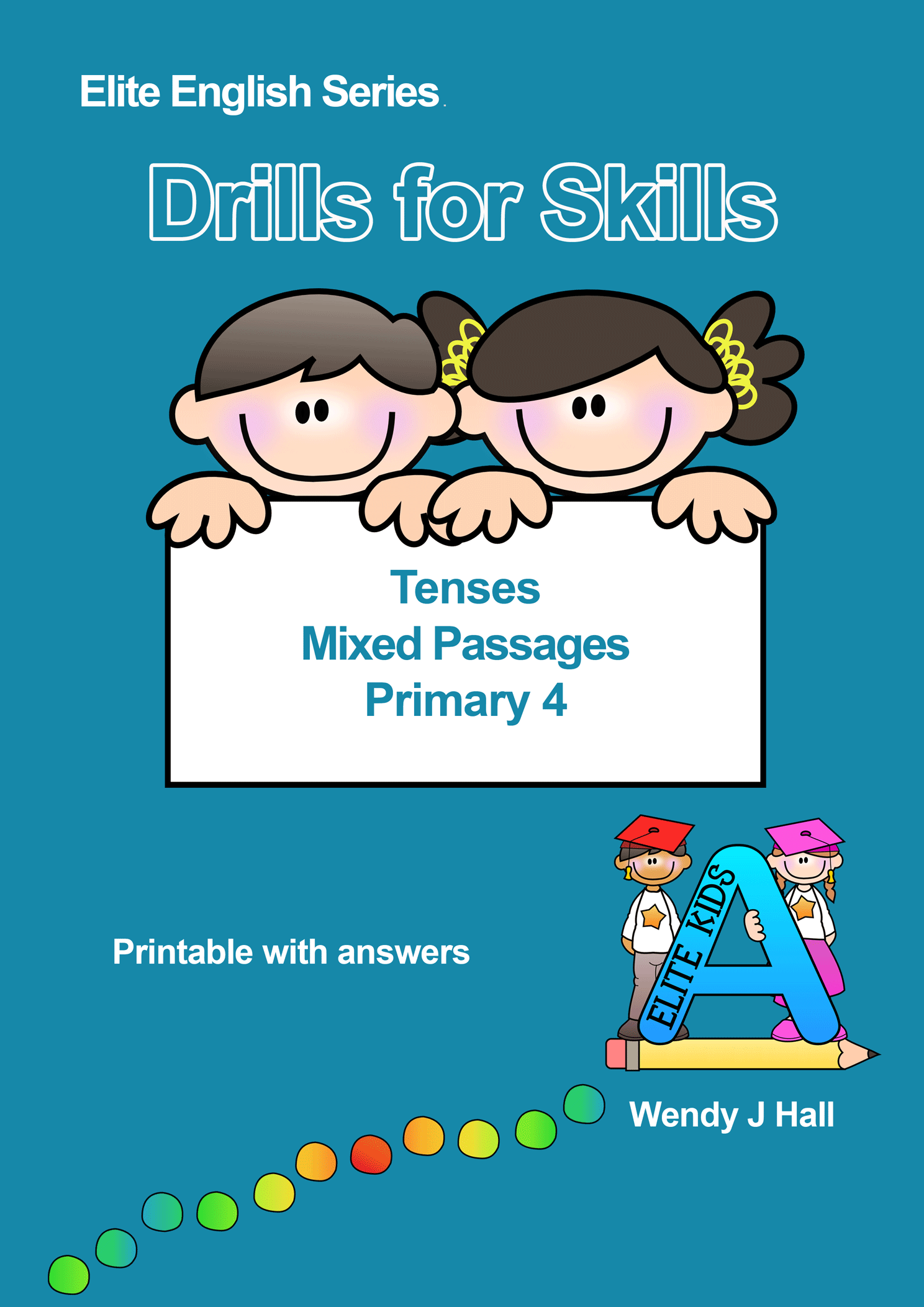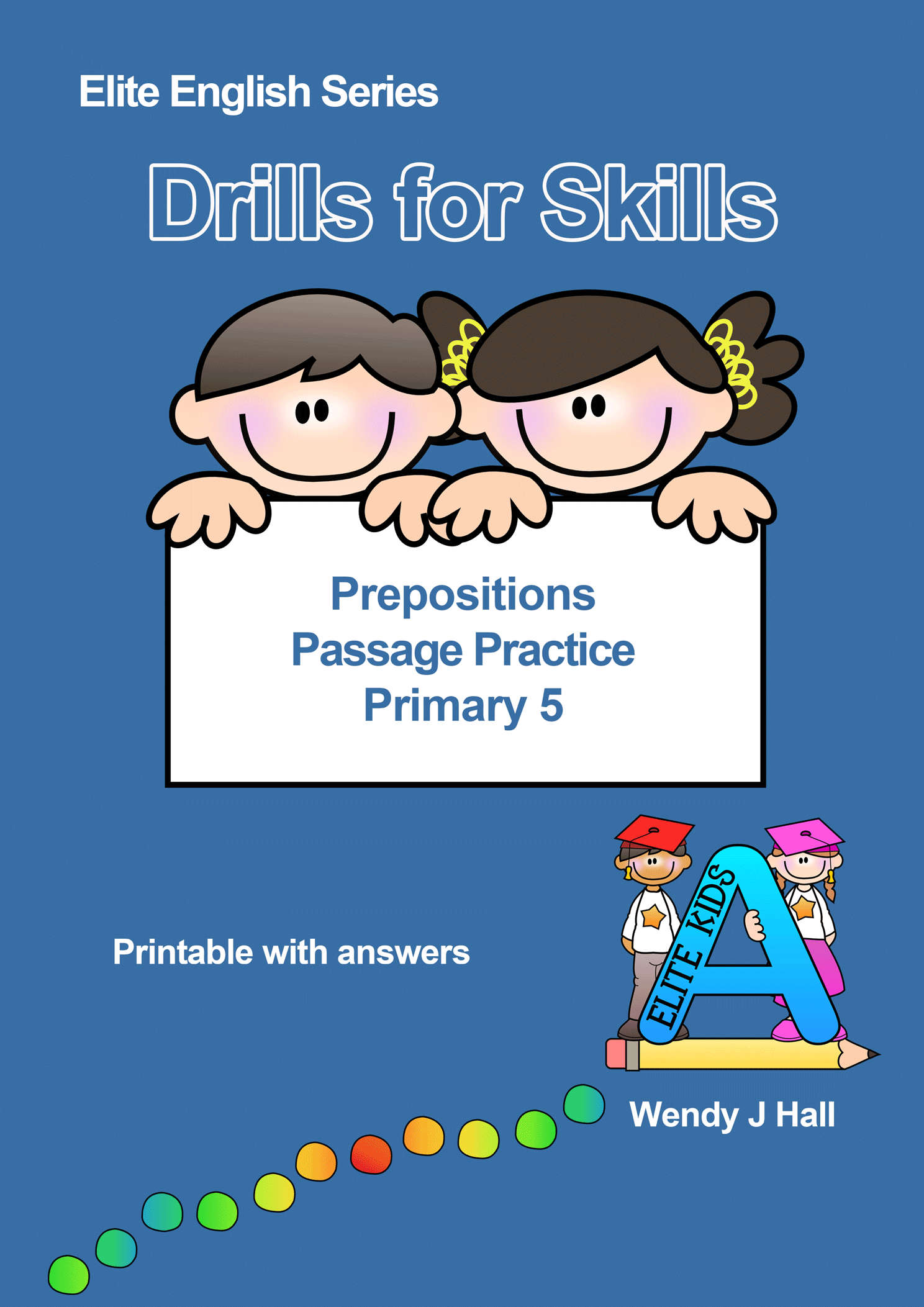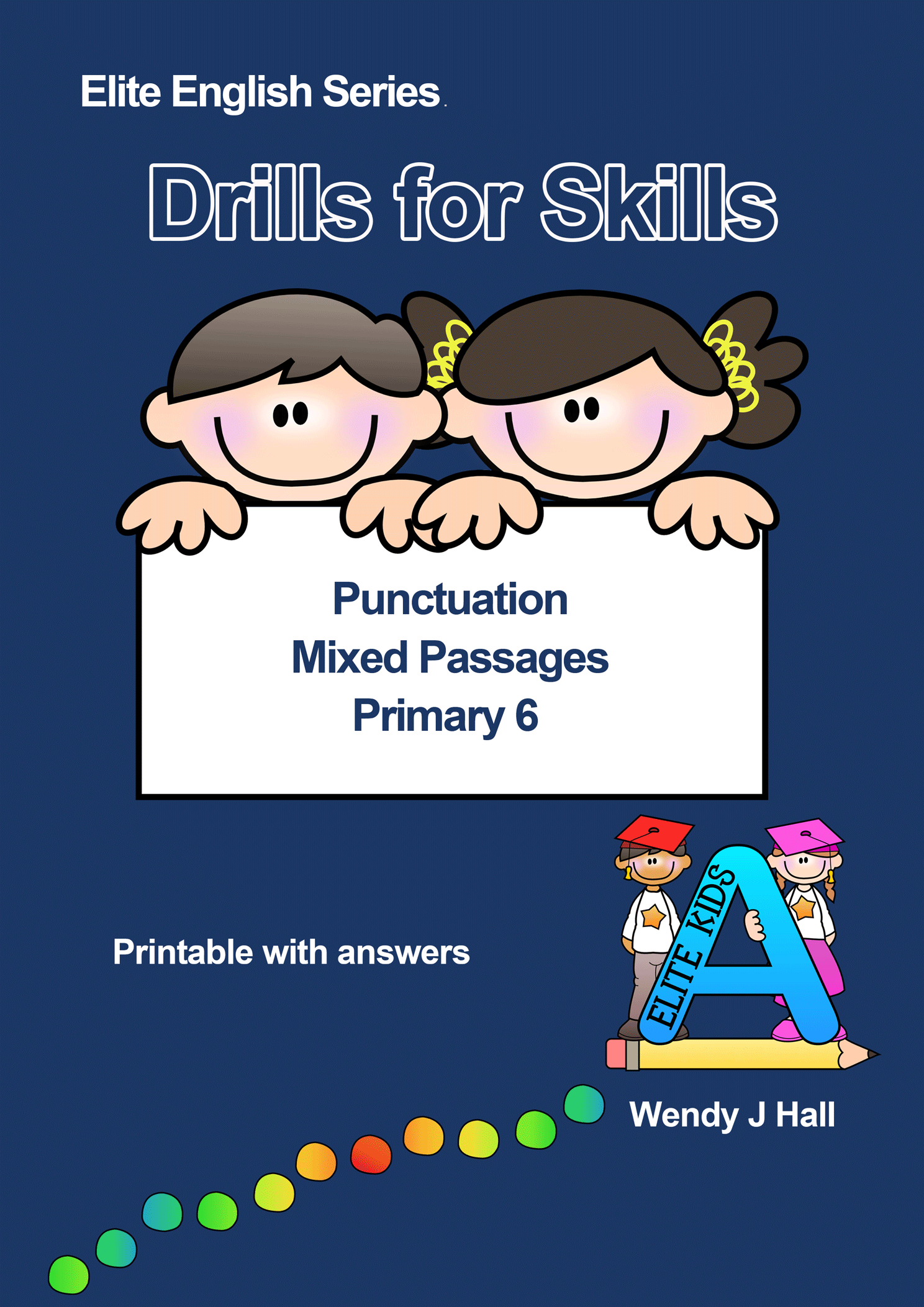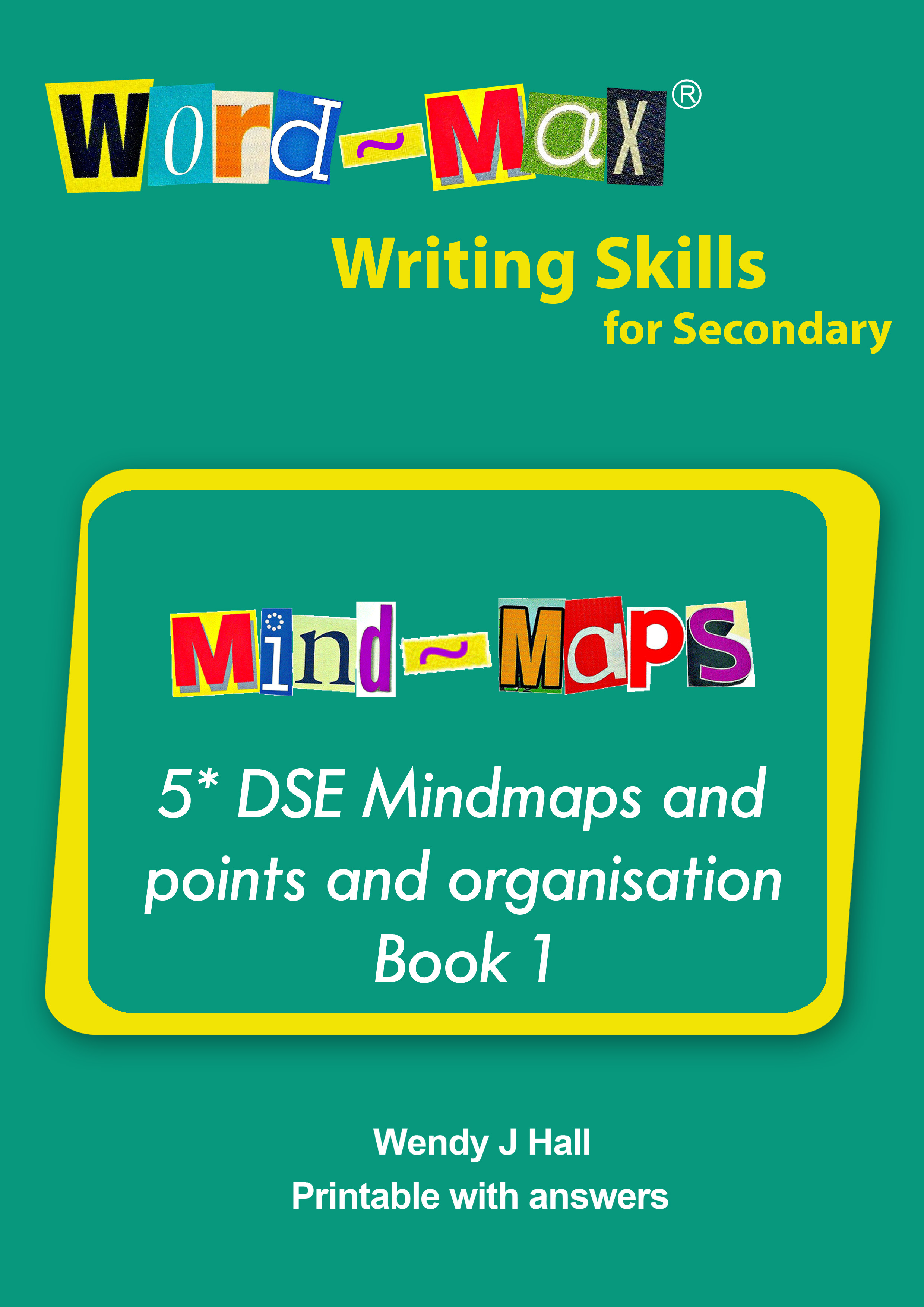Please click the above logo to go to our new site for secondary students.
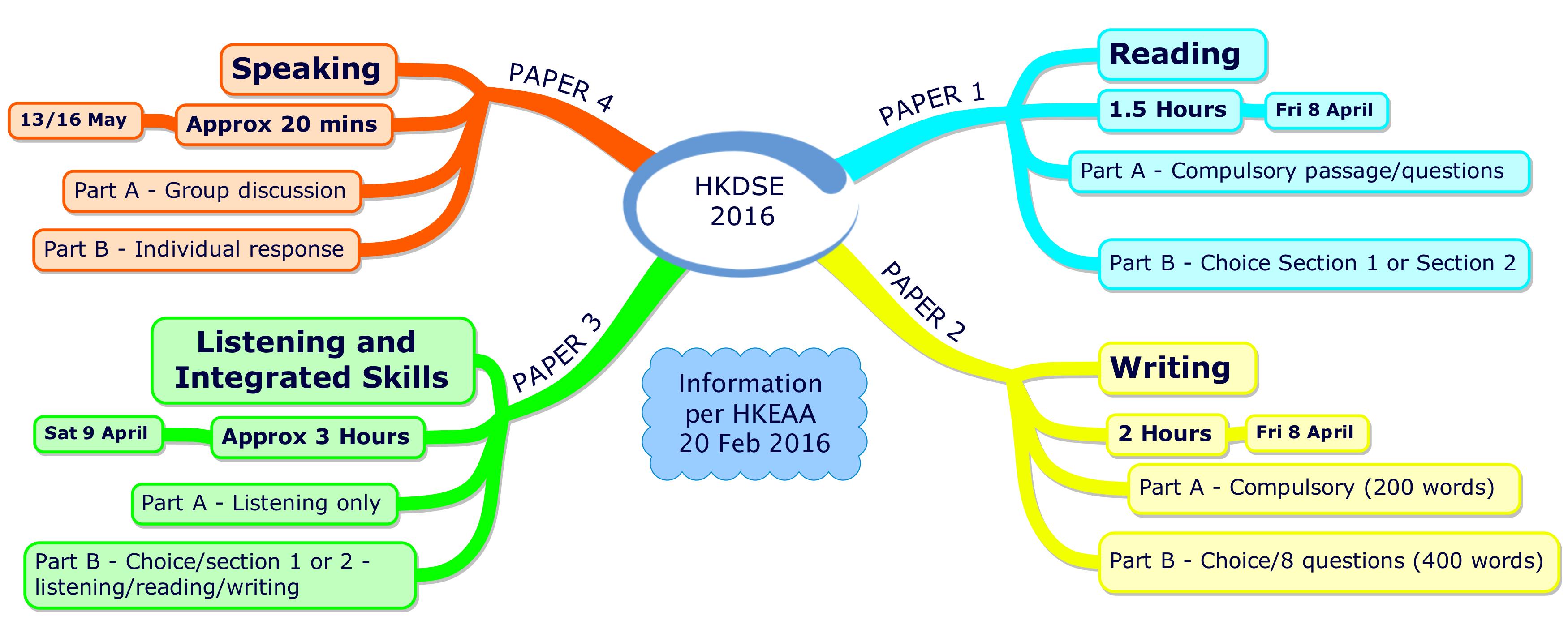
English Language Exam Strategies
HKDSE English Paper 1 - Reading
- Always read the instructions very carefully. Pay attention to the text type (article etc.)
- Look at the title of the text and try to predict what the text may be about - this will help to engage your mind on the topic.
- Read the first paragraph.
- Skim the middle paragraphs to get the main ideas. Focus on nouns and verbs.
- Read the last paragraph.
- Don't panic if you see words you don't know. You can try to guess them from the surrounding words.
- Pay attention to any names, especially people or names of publications and companies.
- Think about the writer's purpose and viewpoint as you read because there may be questions related to this.
- For tone, think about whether there are negative words or positive words.
- Use the line numbers and paragraphs to guide you when answering the questions.
- Pay careful attention to vocabulary questions. Look for words like 'opposite in meaning' or 'phrases/expressions' (= could be more than one word).
- For 'fill in the blank' exercises, pay attention to word form. You may need to change it.
- Answer the easy questions first. Don't spend too long on difficult ones but never leave questions unanswered. Always answer ALL of the questions. Marks are not deducted from wrong answers unless specifically stated.
HKDSE English Paper 2 - Writing
Part A
Remember that every student is going to do this task. You have to make sure that your work stands out. The most important thing to do is to be specific and use as muchdetail as possible. Also, pay careful attention to tone and format.
Part B
- Choose your question carefully. Choose the one which you feel can best showcase your vocabulary. Don't make the final decision until you are sure you have enough points.
- Structure your writing carefully, using good transitions (avoid firstly, secondly, thirdly) if you want to achieve a high level. Make sure you give lots of specificpoints rather than vague ones. If you are giving suggestions, make sure they are specific.
Example of a vague suggestion:
To avoid illness from stress, students should make time to relax.
Example of a specific suggestion:
To avoid illness from stress, students should make time to relax, for example by listening to music or having coffee with a friend.
If you choose a question relating to an experience (e.g. describing a drama production), make your writing more interesting for the reader.
Remember, you are entertaining the reader (the HKDSE examiner)
Example of unentertaining writing
The costumes were not good.
Example of entertaining writing with specific points.
The costumes were not well designed and some of them were even unfinished. Worse still, they didn't fit the actors.
HKDSE English Paper 3
Part A - listening
- Look at the topic carefully and think about words that would relate to the topic.
- Read the questions and predict the answers.
- Be guided by the number and length of lines in terms of how long your answer should be.
- Pay attention to spelling.
- Expect to need to spell some unknown words. These will always be words that can be spelt phonetically (using phonics) so don't panic if you haven't heard them before.
e.g. trail
You know how to spell train so just change the 'n' to 'l'
Most importantly - use your common sense!
Part B - listening and integrated skills
- Look at the situation and think about the role you are playing.
- Skim the data file to get an idea of what each type of information is.
- Locate the key items in the data file (usually e-mails)
- Look at all the tasks carefully.
- Think about format and tone. Marks are awarded for getting these right.
- Do not just copy from the data file. You can keep key words but try to restructure to show you are not copying (don't change it too much in case the examiner can't get the point). Changing the part of speech is a good way to do this.
- Organise any long tasks logically.
- Use topic sentences and transitions just as you would in the writing task.
- Use whatever note system works for you to make notes about the points and the locations in the data file.
- Pay attention to the number of marks and use your time wisely. Don't spend too long on tasks with less marks.
- Don't panic if you don't get all the content points.
HKDSE English Paper 4 - Speaking
Part A - Group Discussion
- Read the text and prepare yourself for the discussion. Jot down some ideas (do not write complete sentences).
- However, when the discussion starts, remember the interaction and discussion skills are the most important.
- You should not sit there waiting for a chance to give your point.
- You must listen very carefully, show you are listening through your body language and then always follow these steps:
- Listen sincerely (look at the speaker)
- Acknowledge the previous speakers point (you could put it in your own words briefly which will impress the examiner as they will know you were listening.
- Give your own point.
- Open up the discussion to other members again.
- Remember that the HKDSE examiner is looking for skills in interacting with others, not just your ability to express yourself in English.
- Avoid using fancy or formal vocabulary. You will lose marks not gain them for doing this.
- Don 't panic when you hear that there is only one minute remaining. You do not have to complete the discussion.
- Most importantly, even though this is an uncomfortable situation, try to act natural - imagine you are an actor playing a role and try to be genuine.
Part B - Individual Response
- Try not to feel nervous. Imagine you are just interacting with one of your teachers.
- If you don't understand the question, do not be afraid to ask them to clarify or repeat it. It's better do that than to give an answer that is no relevant.
- Maintain eye contact with the examiner at all times.
- Smile.
- Try to be as natural as possible.
For some tips and exam strategies click below to read an article we wrote for Hong Kong Parents' Journal magazine
"I am soooooo touched by the thoughtfulness and recognition that you bestowed upon Anthony. I have to say your love and dedication for students is unfathomable, and I can see God's grace in how you steer your students through their challenges, pursuits and most importantly, difficult times. "
-Edna (Parent of 3 students)
"Education is not about filling a bucket, but lighting a fire! "
- William Yeats




